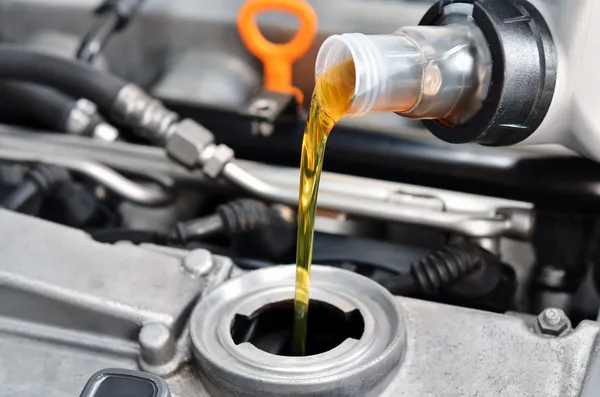Commodities
Deals To Swap Dollars for Oil Put Pressure on the Shilling

Despite the government-backed agreement to purchase petroleum on credit, a sizable batch of dollar-denominated loans obtained from banks by oil marketers last year have come due, adding pressure on the shilling.
The parties basically made loans to one another, promising to pay back the money at a given time and exchange rate.
They will switch again at the original exchange rate or another previously agreed-upon rate to complete the transaction at the end of the agreement.
“The oil dealers have swaps that need to be settled. Remember they took lots of them last year because of the availability hitches. We see that a significant amount is being used to pay these swaps,” a top bank executive said.
Last year, oil companies increased their significant foreign exchange (US dollar) borrowings and currency swaps, underscoring the negative effects of the dollar shortage that were putting pressure on their capacity to pay for fuel imports.
In an effort to lower its monthly reliance on dollars and rein in the shilling’s rogue devaluation, Kenya began importing fuel on credit from Saudi Arabia and the United Arab Emirates.
The shilling has continued to fall against the dollar, albeit at a slower rate; on Wednesday, it concluded trading at 146.7 units against the dollar, up from 135.33 units in April, despite the fact that the arrangement has made it easier to get dollars.
The pace of depreciation of the shilling decreased from two percent each month in the four months prior to April, when the arrangement began, to 1.6 percent in the first four months following the beginning of the importation cycle.
Oil marketers used cross-currency swaps to protect themselves from further dollar depreciation as the economy battled with a shortage of dollars that made it difficult to pay for imports.
The three major oil companies in Kenya, Vivo Energy, TotalEnergies Marketing, and Rubis, all indicated that foreign exchange shortages constituted a serious risk to their local operations in their annual reports for the year ending in December.
“Due to the liquidity constraints in Kenya during the year, Vivo Energy Kenya Ltd had to enter into material foreign exchange (USD) borrowings and swaps that remain outstanding at year-end,” Vivo Energy disclosed in its annual report in March.
The borrowings, according to Vivo Energy, included a $233 million bank loan taken out throughout the year in addition to a bridge loan for $603 million that was signed in October of last year.
“The group’s exposure is mainly concentrated on the Ringardas (Nigeria), Rubis Energy Kenya, and Dinasa (Haiti) subsidiaries due to difficulties in sourcing USD,” Rubis said in its annual report.
State authorities continue to be optimistic about the deal’s effects despite the shilling’s recent decline to new lows versus the dollar, which has increased the price of imports.
The State had praised credit fuel as being essential in supporting the shilling and reestablishing the interbank rate, which had been severely distorted since last year due to pricing speculation on the dollar scarcity.
Kenya inked a contract for the delivery of fuel on a 180-day credit basis with the governments of the United Arab Emirates and Saudi Arabia. The contract will expire in December.
Oryx Energies, Galana Oil, and Gulf Energy were chosen by Saudi Aramco, Emirates National Oil Corporation (Enoc), and the Abu Dhabi National Oil Corporation Global Trading (Adnoc) to provide Kenya with the fuel.







